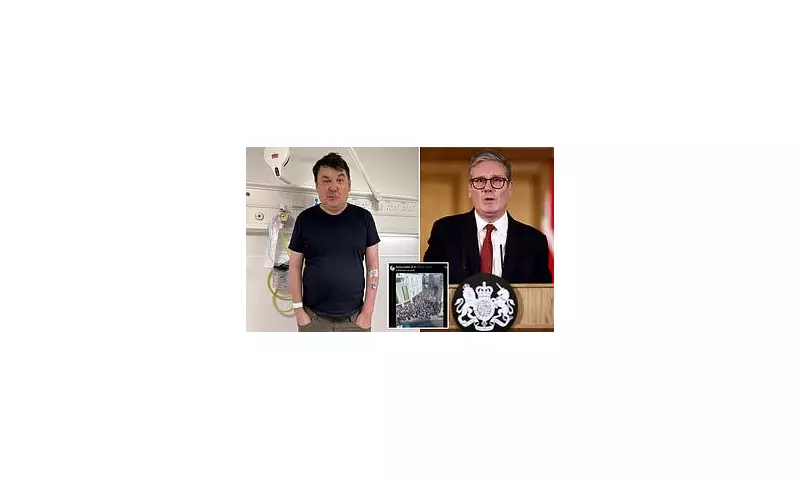
In an extraordinary intervention, Downing Street has delivered a veiled but potent rebuke to Britain's largest police force, urging officers to prioritise violent crime and burglary over policing comments made on social media.
The directive from No.10 comes in the wake of widespread controversy surrounding the Metropolitan Police's decision to arrest comedian and writer Graham Linehan. Mr Linehan, the creator of popular sitcoms 'Father Ted' and 'The IT Crowd', was questioned under caution regarding tweets alleged to be 'anti-trans'.
A Question of Priorities
The Prime Minister's official spokesman stated that while all reports of crime must be taken seriously, the public's primary expectation is that police focus on the issues that impact their daily lives and safety most directly. The spokesman emphasised that this means a concerted effort on "neighbourhood crime, violence against women and girls, and anti-social behaviour."
This high-level comment is seen as a direct criticism of the Met's current strategy under Commissioner Sir Mark Rowley, suggesting that valuable resources are being diverted to manage online disputes at the expense of tangible, real-world policing.
The Linehan Case
The incident that sparked the furore involved Mr Linehan being formally arrested and transported to a south London police station for questioning. The arrest was connected to an online complaint made against him, which he has characterised as an issue of free speech and belief.
Following his release, the comedian voiced his astonishment at the police's actions, questioning the allocation of resources when more serious crimes often see a slower, or non-existent, response. His case has become a flashpoint in the ongoing national debate over the boundaries of free expression, hate speech, and police priorities in the digital age.
Broader Implications for Policing
This isn't the first time the Met has faced scrutiny for its handling of online speech. The force has repeatedly found itself at the centre of political and cultural storms, attempting to navigate highly charged social issues while maintaining public confidence.
No.10's statement signals a clear desire from the government to steer police focus back towards traditional crime-fighting. It raises critical questions about the role of modern police forces: Should they be arbiters of online discourse, or should their efforts be concentrated on physical communities and the crimes that plague them? The government's message suggests it firmly believes the latter.





